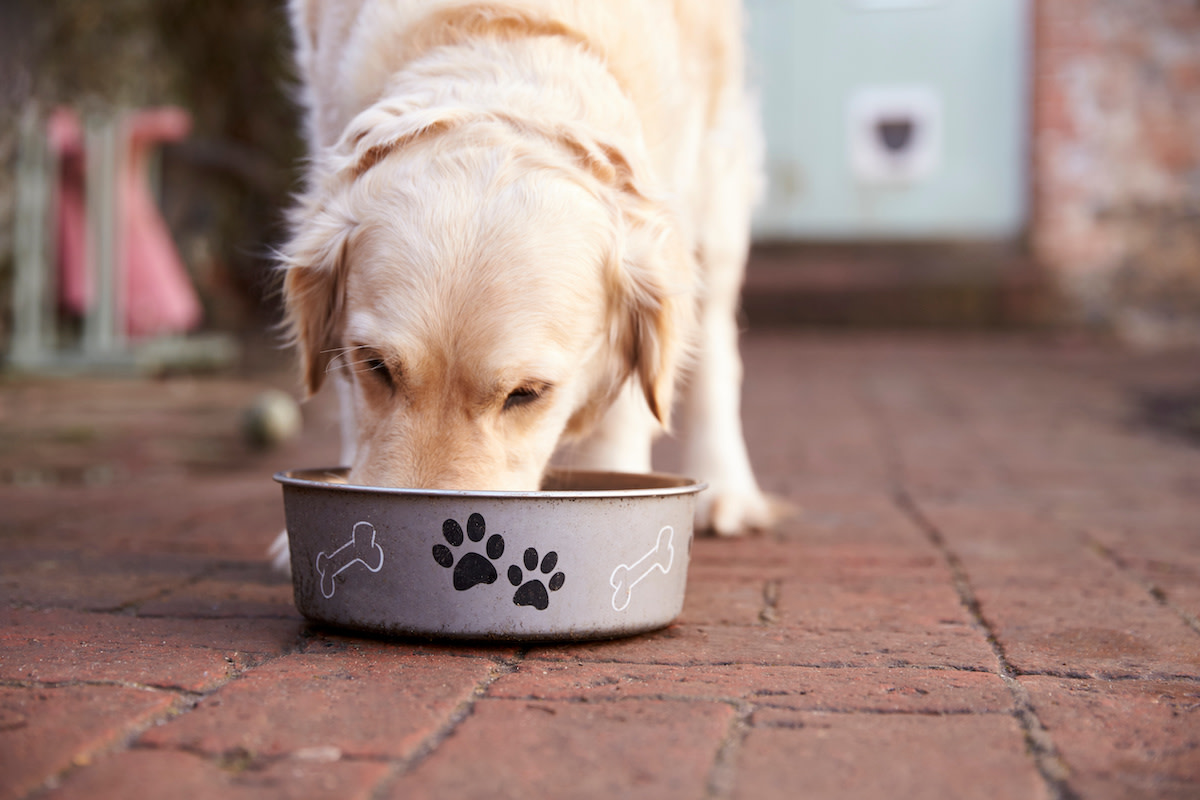Can Dogs Eat Apricots? Benefits, Risks, and Safety Tips
Written by MasterClass
Last updated: Mar 22, 2022 • 4 min read
Those wondering whether or not dogs can eat apricots will be happy to find out that these flavorful stone fruits make an occasional nutritious treat for them. However, pet owners should follow a few rules of thumb to feed their dogs this human food safely.
Learn From the Best
Can Dogs Eat Apricots?
Consuming apricots in moderation is safe and healthy for dogs, offering a series of potential health benefits such as improved digestion and lowered blood pressure. However, dog owners should remove the apricot pit, stems, and leaves—which contain trace amounts of cyanide—before serving this stone fruit to a pooch.
Human foods like apricots should only make up about ten percent of a dog’s diet, with the bulk of their nutrition coming from dedicated dog food. Always consult your veterinarian before feeding your dog any new human foods.
Can Dogs Eat Dried Apricots?
It is safe (and convenient) to feed most dogs dried apricots because they typically come with the parts hazardous to your dog’s health—the pit, stems, and leaves—removed. However, pet owners should serve their pooches smaller portions of dried apricots than they would of the fresh fruit because the former contains more sugar.
When purchasing dried apricots, examine the nutrition label to ensure that they don’t contain any added sugars. If your dog has experienced weight gain, feed them fresh apricots to avoid the extra sugar intake altogether.
How Many Apricots Can a Dog Eat?
Along with other human foods, apricots should comprise a maximum of ten percent of your dog’s daily calories: Ninety percent of a canine’s daily food intake should come from regular dog food. Always consult your veterinarian before incorporating any new human foods into your dog’s diet.
The appropriate apricot serving size for your pooch will vary based on their specific breed and size. Pet owners can safely feed most small breeds up to half an apricot a day, while larger breeds can consume up to a whole apricot. No matter the dog’s breed, always cut the apricot into small pieces.
4 Potential Benefits of Feeding Apricots to Dogs
This nutritious human food carries many potential health benefits for dogs, including:
- 1. Antioxidant-rich: Apricots contain beta carotene, an antioxidant that may help protect your dog against cell oxidation and free radical damage. Beta carotene may also help improve your dog’s eyesight, making it especially beneficial for senior dogs.
- 2. Regulating cholesterol: Apricots contain soluble fiber and potassium, which may help lower your dog’s cholesterol levels.
- 3. Relieving constipation: Apricot flesh is a great source of dietary fiber, which can relieve constipation and help your dog maintain regular bowel movements.
- 4. Vitamin-rich: Apricots contain vitamin A (which strengthens the immune system and skin health) and vitamin C (which aids in bone development and helps treat osteoarthritis).
3 Risks of Feeding Apricots to Dogs
Before adding apricot to your dog’s diet, familiarize yourself with some of the potential risks.
- 1. Cyanide poisoning: Always remove apricot pits (or apricot seeds), stems, and leaves before feeding your dog the fruit. These parts all contain trace amounts of cyanide—a dangerous chemical compound that can make your dog ill. If your pooch accidentally ingests these parts, call your veterinarian for guidance immediately. Additionally, monitor them closely for symptoms of apricot poisoning (including difficulty breathing, dilated pupils, bright red gums, fatigue, vomiting, and seizures).
- 2. Choking hazard: Fruits like apricots have large pits that are choking hazards, especially for small dogs. Additionally, swallowing an apricot pit can cause a life-threatening intestinal blockage in your dog’s digestive system.
- 3. Digestive problems: Over-feeding apricots to your dog can cause an upset stomach and/or diarrhea.
5 Tips for Safely Feeding Apricots to Dogs
Follow these necessary precautions if you choose to feed your dog apricots.
- 1. Consult your veterinarian. Always consult your vet before adding human foods to your furry friend’s diet.
- 2. Check for added sugars. Dried apricot may contain unhealthy added sugars, so inspect the nutritional label before serving it to your dog. Some processed apricot products—like apricot jam—may appear to be sugar-free while still containing harmful artificial sweeteners (like xylitol), which is highly toxic to dogs. Stick to feeding your dog fresh or dried apricots to avoid any adverse effects from natural or artificial sweeteners.
- 3. Discard the pit, stems, and leaves. Always remove these parts of the apricot before feeding the fruit to your dog. They contain trace amounts of the harmful chemical cyanide and pose a choking hazard to your canine friend.
- 4. Slice into small pieces. Cut your apricot into small, chewable pieces before incorporating it into a dog’s food or feeding it to them as a treat. Breaking the fruit down makes the apricot flesh easier to swallow and digest. Larger dogs can eat pieces as large as a quarter inch, and small breeds should only consume smaller pieces, no bigger than an eighth of an inch.
- 5. Serve in moderation. Think of apricots as an occasional treat for your dog rather than the main component of their diet. Human foods should only make up ten percent of their daily calorie intake.
Before Sharing With Your Pooch
Certain human foods can cause adverse reactions in canines, so always consult your veterinarian to determine whether it is safe to add these foods to your pet’s diet. This article is for educational and informational purposes and is not a substitute for medical or dietary advice.
Want to Learn More About Training the Goodest Boy or Girl?
Your dream of having a dog who understands words like “sit,” “stay,” “down,” and—crucially— “no” is just a MasterClass Annual Membership away. The only things you’ll need to train up a well-behaved pup are your laptop, a big bag of treats, and our exclusive instructional videos from superstar animal trainer Brandon McMillan.
